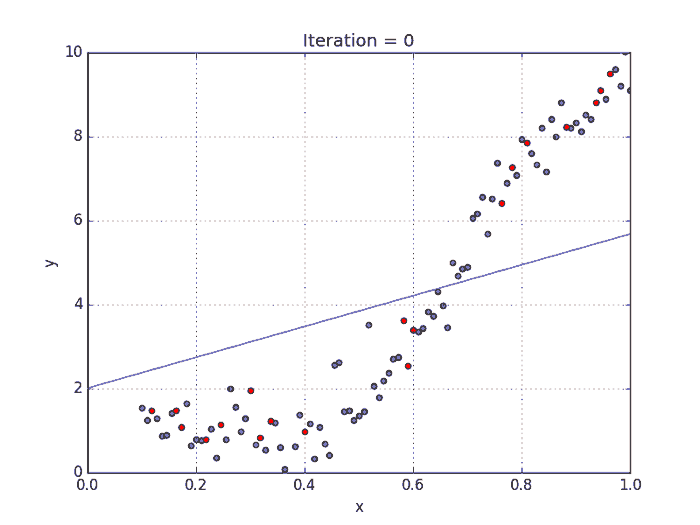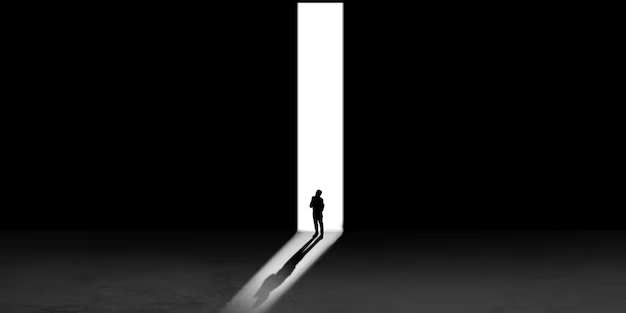Series Progress
- Monograph #1: Genesis of Science and relationship with AI.
- Monograph #2: Representations – Far from Reality, Yet So Close Ever…
- Monograph #3: Philosophy or intuition, Mother of Science.
- Monograph #4: Art and Religion, where are you?
Introduction
In the previous monographs of this series, we have given the reader another perspective on science and also defined several interrelations that exist between science and reality as perceived by humans. Even though this series is open to everyone and the majority of people can easily understand, we approached these topics with the scientist’s eyes and tried to give the readers a guideline of what could be the “philosophy of science” perspective.
In this series, we are going to continue on this journey and approach the concept we all have heard once, “Philosophy”. What is this concept, how do we understand it, and how it relates to science? in the previous article, we stated that philosophy plays a major role in Science by driving its courses. Here, we will go in deep.
Reflection
We mentioned in the previous articles the fact that after we are born, we have to go through a learning process from our environment. We come as a complete blank paper per se. And then with time, information starts to leave its marks on us slowly but surely. After a good amount of time, we accumulated enough information that help us interact with the society we are living in related to the era. Because we have already sensed sometimes that it could have been awful if we were to live 100 years in the past with our current habits and concepts.
So this learning process that starts from our early childhood continues up to a certain point where it finally finds stability. This means that after some time, what is happening is we are no longer “learning”, we are “inferring” the world in which we are living. This viewpoint brings a lot of questions but what it tries to convey is that, as a scientist, we should pay deep attention to the way we approach the interpretations and even the constructions of the experiments we make.
Let us take an example. If you are a bit versed in Machine learning or statistics, there is the notion of fitting models to predict future data points outside the known ones.
As modern human beings, we come out of this world as this model that does not know how to fit the tremendous information of “society” correctly. But with the help of our surroundings, family, schools, friends, etc., our line (model) starts to get a sense of the data points and starts to better fit them. What is interesting is that, after a moment, this fitting reaches its best performance according to the values, either moral or religious, set by our environments. At this point, what happens to us as human beings is that the learning “stops” and we now start inferring from each case that comes our way. We become the “children of our society.” The model we have built helps us navigate through the requirements of our lives, and when a very different case faces us, we infer the best response we can without changing the shape of the model learned throughout our lives.

Now where is the place of philosophy in such a schema?
Believe it or not, philosophy was present in the example we shared earlier.
Philosophy is this approach that helps us continuously challenge not only our current states and values but also the line of our evolution. When put it strctly, philosophy is the continuous onlooking of the correct justifications of our actions. Because first, our actions result from our perceptions of the world (both in and outside) and second, we could also consider the false justifications, but they do not help an individual challenge and go beyond what is known therefore not fulfilling the objective of philosophy. Someone living on false justifications, live within certain restricted bounds which does not help in any way go beyond those boundaries.
When we were kids up to our early adulthood, Philosophy was represented by all those instructions, recommendations, and guidance coming from our environment. They were there to help us assess the quality of our state and growth in society by comparison to what was there and is still relevant, a concept of “similarity” that is well-known in artificial intelligence. We can argue about the quality of those instructions, recommendations, and guidance, but they were there to help us grow as individuals in our societies.
So for an individual, philosophy has been part of and integrated into his life, consciously or not. But when it comes to a scientist, the question becomes extremely urgent. It becomes urgent because, as a scientist, being at the borderline of what is known and unknown is exactly a brutal fact. Pushing forward in favor of the known necessitates examining and understanding in depth the groundings of society and at the granular level its own perceptions. Because, the directions taken by him should not be biased by its own perceptions (taken from society since then), but rather must reflect the reality as it is, in other words, the transparency of the scientist must be as such that its own philosophy matches "what it is", reality. Which means that the justifications of his actions must be aligned with the reality as much as possible.
Is the research direction aligning with a possible evolution of our understanding of the world as it is or is it just a biased caprice or constraint imposed by either the scientist or his society? The idea of understanding the world is matching transparency, transparency in a sense that what is provided as solution (which is in fact, the perception of the scientist) is just a proof of Nature and its law fully understood, therefore there is no difference between the perception of the scientist and reality. The full reliability of the scientist lies in this alignment.

Here becomes clear the real objective of a scientist through his aim of providing solutions to society. Cleanup what is not part of reality: preconceptions, misconceptions, biases, dogmas, beliefs, anything pushing him farther from what could be reality as it is. For such reason, a scientist finds himself mostly lost due to the facts that for very good moments, its own basis are shaked without solid references to rely on at the borderline of the known and unknown.
What becomes then the reference for the scientist to assess his growth, his directions if he has to go beyond those set by his society? In Artificial intelligence is there any model that goes beyond the behaviors of any cost function defined?
As we realize now, this question becomes tricky as we have to go into other concepts that are linked to the bottom of our lives. Which are “bad”, “good”, “wrong”, “right”, “true”, “false”, "relevant", "useless", "evil", "holy", …
Philosophy is to assess all those elements at the same time to push forward our understanding of life, by so doing, us. But who or what defines those elements? How the assessments of such elements be done beyond the realm and capacity of society’s expectations, can such growth happen beyond society’s expectations?
Conclusion
As promised, this monograph has been made short and straightforward. The place of Philosophy has been made clear in our lives as scientists. But why talk about it? As a scientist, our objective is to push forward the quality of life for humanity. This cannot be done if, as scientists, we do not understand the current limits of the society we are part of, how they relate to us as scientists in our research experiments and the way we interpret them.
By having a deep understanding of those limits, there could be a possibility of changing progressively or dramatically the way we live. Those concepts of truth, bad or good, will be discussed in the next monograph related to Traditions and Religions and will clarify, from the perspectives defined at the beginning of the series, how this manifests itself in Science and how it impacts scientists.